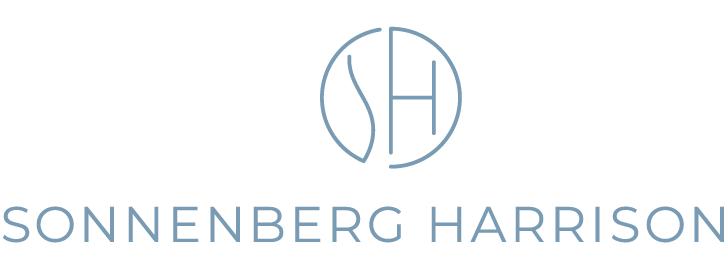French company Sanofi has been battling US corporation Amgen on multiple fronts concerning rights to life science patents.
The Unified Patent Court (UPC) of Appeal based in Luxemburg has now handed down its first decision overruling a decision of the local UPC division in Munich rejecting the request of one of the parties for an extension of time to respond to a complaint.
This time extension request was based on an apparent non-compliance of the rules of procedure on the UPC, as attachments had been missing with the initial filing of the complaint. The Munich local division considered that the omission of these documents did not jeopardize the tight time frame (based on an interpretation of the German text of the UPC Rules). The Appeal Court has now clarified that, due to the clear English and French wording, it was the clear intention that a valid filing requires simultaneous submission of all the referenced annexes.
This decision was not an appeal on the merits of the case, but only on a procedural matter. No such substantive decision has yet been issued. To our knowledge, there are only four decisions in injunctive proceedings after a hearing, one in injunctive proceedings ex-parte (i.e., with no hearing) and some other decisions relating to preliminary measures handed down by the lower (first instance) courts.
The decision has already been widely appreciated for its speed. The appeal was granted in an oral hearing on October 13 (with written confirmation only three days later) about a decision handed down by the Munich local division on August 29.
It is also, in our view, noticeable in several other aspects.
The decision demonstrates the perfect mixture of various national legal tools. The UPC has tried to combine the best elements of each national legal system or to find a reasonable compromise between them (e.g., the French Saisie-Contrefacon, the German protective letter, or considerations as to urgency). The Court is also prepared to hear appeals on procedural matters before a final decision on the merits on the case. This is unlike the procedure at the EPO to start appeal proceedings.
The second noticeable fact is the clear signature in the decision of Judge Grabinski (President of the Court and formerly an experienced patent judge in Düsseldorf and the German Federal High Court). The interpretation of legal texts in line with the applied practice he certainly has taken from his experience as a national court judge. The German Federal High Court has handed down several decisions in recent years indicating that legal provisions need to consider the intention of the legislator when the legal provision was drafted. As noted above, the appeal court referred to the French and English versions of Rule 13.2, which was written more clearly than the German version.
In making their decision, the appeal court made clear that the lower court has the discretion to dismiss any late-filed documents, but it has also the obligation to allow for a reasonable extension of time if the lower court does not use its discretionary power to dismiss the late-filed documents. The defendant had asked for an extension corresponding to the delay of the late-filed documents. Thus, in the opinion of the appeal court, the additional time would have been reasonable. The reference to the discretionary power is also noticeable as, at the end of the day, the original court might have concluded that the initial filing was null and void, due to the missing annexes.
That decision would have been probably not in line with the spirit of the UPC to be pro-patentee – to attract as many plaintiffs as possible to prefer the UPC rather than national courts. The exceptional speed of decisions has already been noted, and it is expected that an initial decision on the merits of the case should be issued within about a year – corresponding to proceedings in the Düsseldorf national court, though not including any validity issues in the same proceedings.
It will be interesting to see the outcome of future decisions if the plaintiff omits filing all attachments at the same time. We are also looking forward to seeing whether the courts can cope with the challenging timeframes. One thing is for sure. The Munich local division did not want to be the first not to follow the strict timelines.
Should you require any additional information, feel free to contact us. Our UPC Team comprises experienced lawyers, patent attorneys, and engineers with extensive experience in multinational patent litigation.





